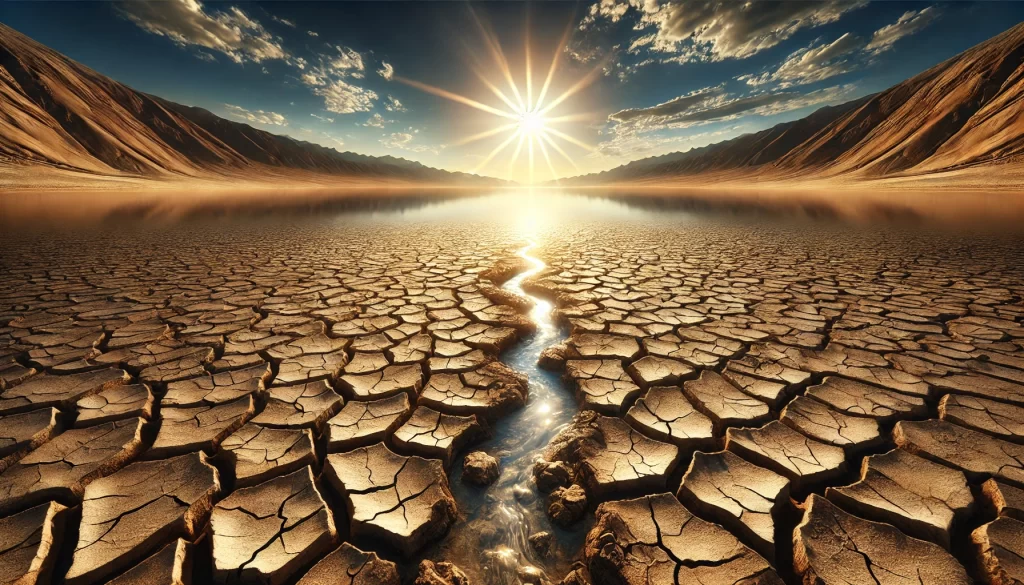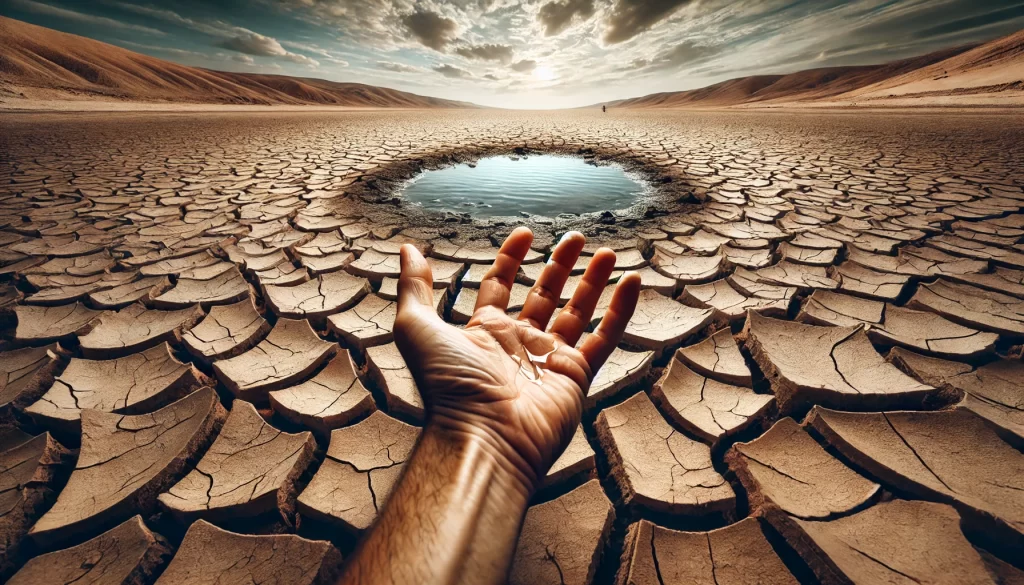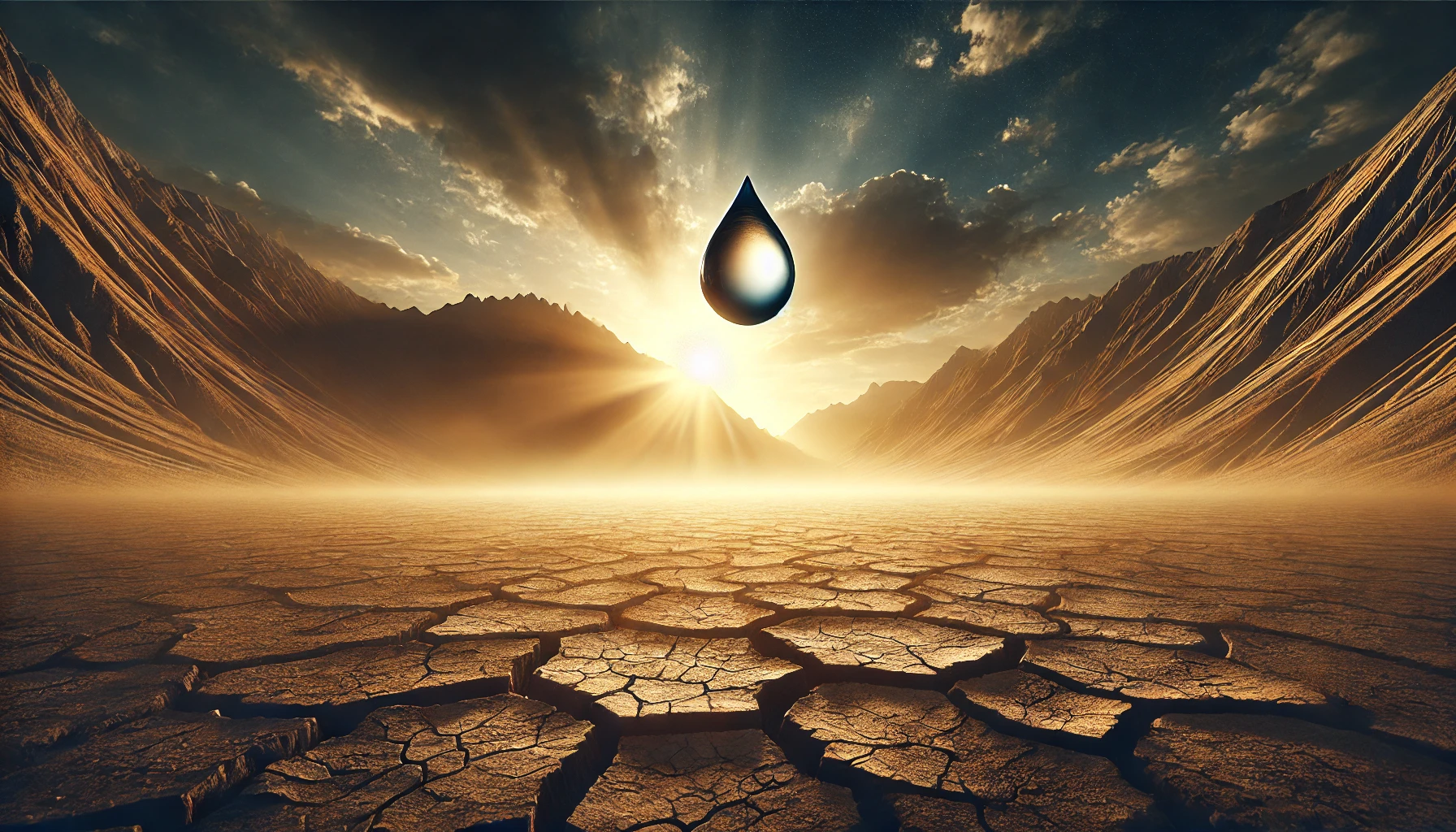Table of Contents
Water is essential for life. It’s something we often take for granted, but have you ever wondered how long can you live without water? This question isn’t just intriguing; it’s a matter of survival. Understanding the limits of our bodies when deprived of water is crucial, especially in emergencies. This article will explore the shocking truth about how long you can live without water, the signs of dehydration, what happens to your body when it lacks this vital resource, and how to prevent dehydration.
Why Water Is Essential for Life

Water is the cornerstone of life. It is essential for the proper operation of every cell, tissue, and organ in our body. Without water, our bodies would not be able to:
- Regulate temperature: Water helps maintain a stable body temperature through sweating and respiration.
- Transport nutrients and oxygen: It carries vital nutrients and oxygen to cells and removes waste products.
- Lubricate joints: Water is a cushion for joints, protecting them during movement.
- Aid digestion: It helps break down food, enabling our bodies to absorb nutrients.
- Maintain skin health: Adequate hydration keeps our skin supple and helps repair cells.
- Support brain function: Water is essential for cognitive processes, and dehydration can lead to confusion and impaired thinking.
The importance of water cannot be overstated. The existence of life as we know it would end without it. But how long can you live without water before your body shuts down?
The Limits of Survival: How Long Can You Live Without Water?

The question how long can you live without water is complex because it depends on various factors. On average, a person can survive without water for about three days. But this length can change depending on:
- Environmental conditions: In a hot climate, dehydration sets in faster, shortening the time you can survive without water. For example, in desert conditions, the body loses water more quickly, reducing survival time.
- Physical activity: Increased physical activity leads to quicker water loss through sweat, reducing survival time. Athletes or laborers working in hot environments need more water to stay hydrated.
- Health status: Individuals with certain medical conditions or already dehydrated may not last as long without water. People with diabetes, for instance, may dehydrate faster due to their body’s inability to retain water.
So, when these factors are considered, how long can you live without water? The answer can vary, but typically, it’s no more than three days.
What Happens to Your Body Without Water?
When you stop drinking water, your body quickly shows signs of dehydration. Here’s what happens during those critical days:
-
- First 24 Hours: Your body conserves water by reducing urine output.
- You may feel thirsty, have a dry mouth, and experience fatigue.
- Your body begins to pull water from cells to maintain essential functions, leading to early signs of dehydration like a headache and dry skin.
- Day 2:Dehydration intensifies, leading to dizziness, confusion, and headaches.
- Your body temperature may rise as it struggles to cool itself. The lack of water prevents sweating, the body’s natural cooling mechanism.
- Muscles may start to cramp due to the loss of electrolytes through sweat and lack of water intake.
- Day 3: Severe dehydration sets in, and your organs begin to fail. Your blood becomes thicker, making it harder for your heart to pump blood around your body.
- Without water, your kidneys can no longer filter waste, leading to a buildup of toxins in your body. This can result in kidney failure, a potentially life-threatening condition.
- At this stage, your body is in a state of emergency, and without immediate hydration, death becomes imminent.
By the end of the third day, survival becomes nearly impossible without water. The lack of water disrupts all bodily functions, leading to eventual death. So, when we ask how long you can live without water, it’s clear that the time is extremely limited.
Signs of Dehydration: When to Seek Help
Knowing the signs of dehydration can be a lifesaver. Here’s what to watch out for:
-
- Mild Dehydration: Dry mouth, thirst, and dark yellow urine.
- Feeling tired or lightheaded. You might also notice a slight decrease in your ability to concentrate.
- Moderate Dehydration: Parched mouth, sunken eyes, and rapid heartbeat.
- Little or no urine output, and what is produced is dark. Your skin may lose elasticity, and you might feel more irritable.
- Severe Dehydration: Extreme thirst, confusion, and lethargy.
- Rapid breathing, low blood pressure, and a weak pulse. You may experience fainting or even go into shock.
- In extreme cases, seizures, coma, or death can occur if immediate medical help is not sought.
Severe dehydration is a medical emergency. If you or someone you know exhibits these symptoms, seeking immediate medical attention is crucial. Early intervention can prevent severe complications and save lives.
Also Read: How Long Can You Drive on a Spare Tire? Uncover the Shocking Truth
Preventing Dehydration: Tips for Staying Hydrated
Staying hydrated is essential, especially in hot weather or during physical activity. To make sure you’re drinking enough water, follow these easy guidelines:
- Drink regularly: Don’t wait until you’re thirsty to drink water. Make drinking water throughout the day a habit. Carrying a water bottle with you can help remind you to stay hydrated.
- Eat water-rich foods:Due to their high water content, foods like fruits and vegetables can aid in maintaining proper hydration. Oranges, cucumbers, and watermelon are great options.
- Monitor your urine: Pale yellow urine is a good sign of proper hydration. Dark urine may indicate you need more water. If you notice that your urine is consistently dark, it may be time to increase your water intake.
- Avoid excessive caffeine and alcohol: These can increase urine output, leading to dehydration. If you consume these beverages, balance them with extra water.
- Set reminders: If you forget to drink water, set reminders on your phone or use hydration apps to track your intake.
By following these tips, you can reduce the risk of dehydration and ensure your body gets the proper water to function correctly. Staying hydrated isn’t just about drinking when you’re thirsty; it’s about maintaining a consistent daily intake.
Water is more than just a thirst-quencher; it’s a life-sustainer. So, how long can you live without water? The answer is clear: not long. Within just a few days, the lack of water can lead to severe dehydration and, ultimately, death. Understanding the vital role water plays in our bodies and recognizing the signs of dehydration can help you stay safe and healthy.

